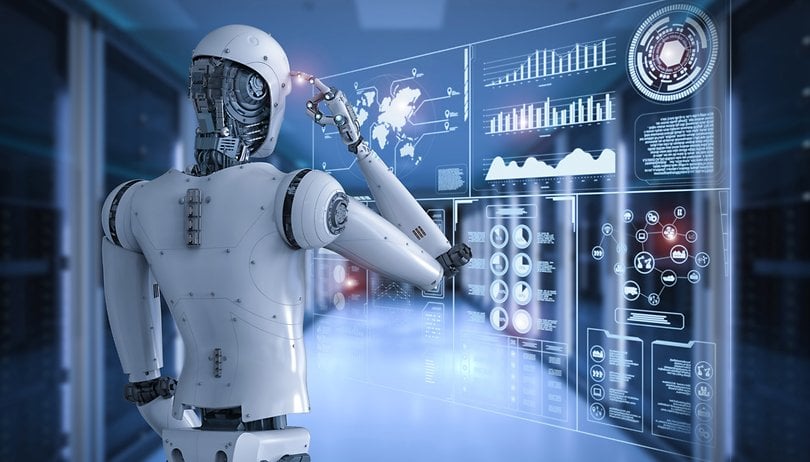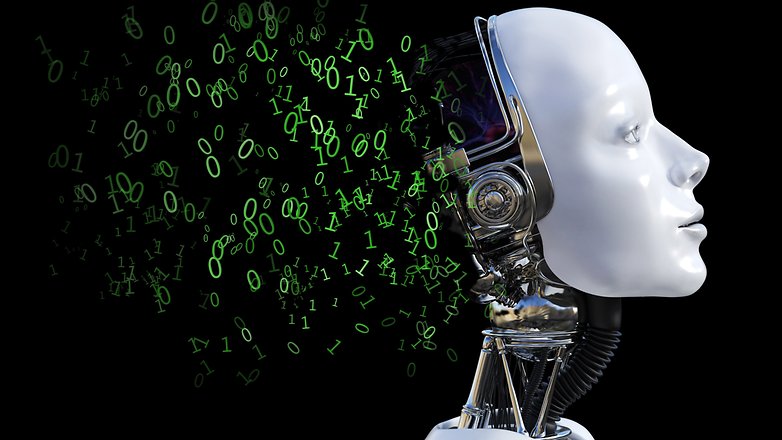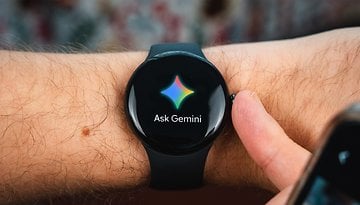Can artificial intelligence read minds?


The development of artificial intelligence is progressing at a rapid pace. The focus is also increasingly on people. Researchers at New York's Columbia University have now succeeded in teaching AI to read our thoughts. In an interview, expert Enno Park explains how this works and what the problem could be.
For the first time, artificial intelligence can not only analyze human brain waves, but also make them audible again. Researchers read out words and numbers to participants and measured the activity with a brain implant in the hearing centre. This data was then sent to an AI, which compared it with the original spoken words. In this way it learns to evaluate the brain waves and reconstruct the words itself - it can actually read thoughts.
Park was initially sceptical: "In the past, there were often systems that analyzed brain waves and functioned according to the principle: Remember to lift your left arm, and the brainwaves registered this way can then remotely control a wheelchair, for example. And this was then sold as mind reading. But what happened here goes one step further. You can actually reconstruct spoken language from brain waves."

In fact, however, the human brain is indescribably complex, and such an application cannot yet be universally applied to all kinds of conversations and thoughts. This is not yet a real mind reading, says Park: "You have to realize, though, that are not yet any thoughts. You can't know when people are thinking about these numbers, only they're hearing them."
"This is science fiction."
In films and books, of course, the technology is already more advanced. Again and again dystopic scenarios with AI-supported monitoring are drawn there, which could used as a powerful tool for mind reading. For Park, however, this is pure science fiction and would involve complex brain surgery.
As frightening as that may sound, Park sees tangible benefits for many people: "First and foremost I think of disabled people, e.g. lock-in patients, who are completely awake but can no longer move a muscle. Or people like the physicist Stephen Hawkings who had to laboriously use a system with their mouths in which they could select individual letters to make themselves understood. Such systems could be built much more elegantly in the future. And it is conceivable that paralyzed patients could communicate directly via a computer - in real time, so to speak."
If this is possible, artificial intelligence could be of great help, not so much a threat. What are your thoughts on the matter? Let us know in the comments.
Source: Deutschlandfunk Kultur, Enno Park, Nature




















Can't read minds, but given social, governmental, and intellectual / scientific authority AI will shape minds. Doing that goes a long way, as the Communist "brain washers" (witness North Korean crowd control) know. AI is not so bright but is imperturbable, humans are smarter but are imitative emotional monkeys.